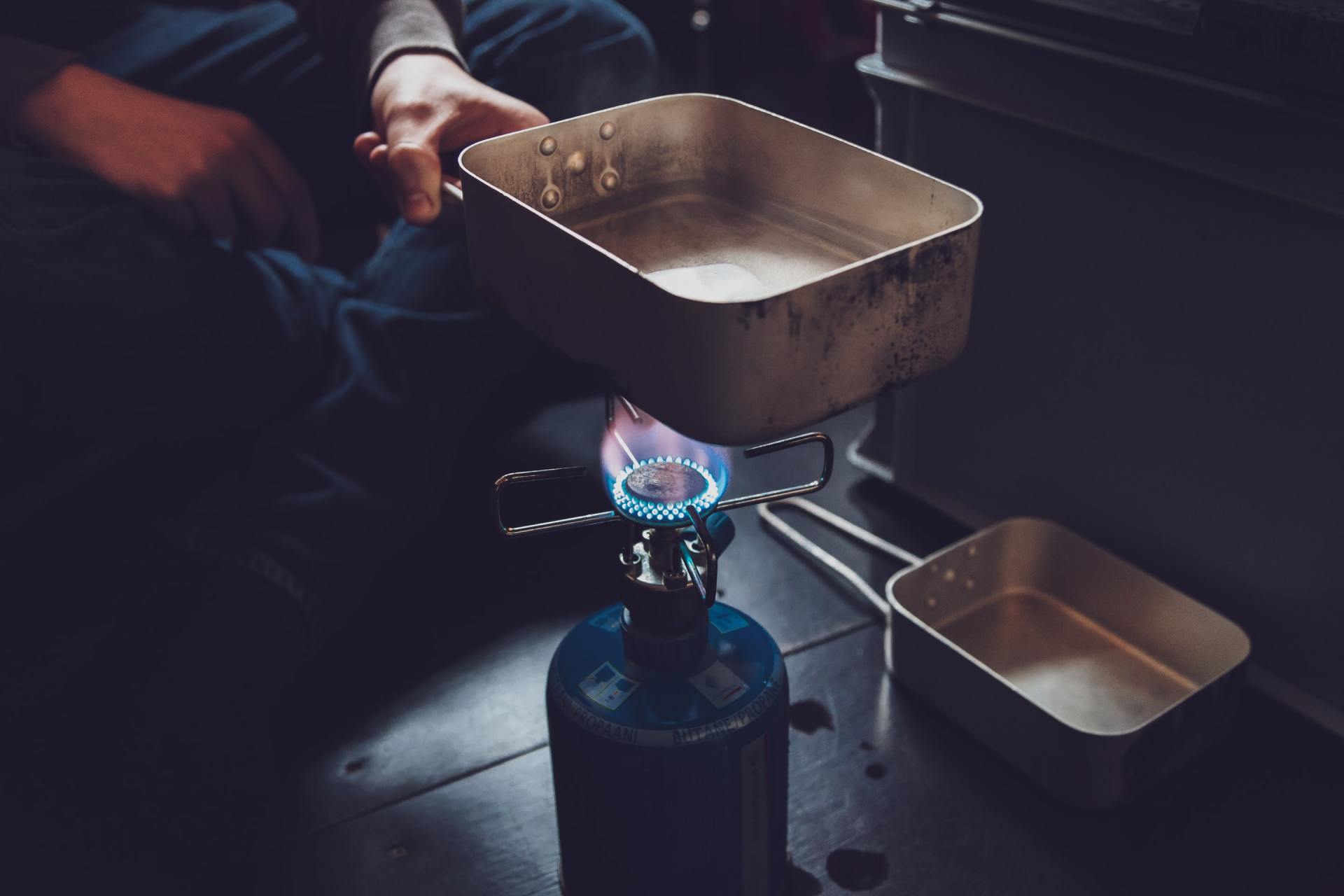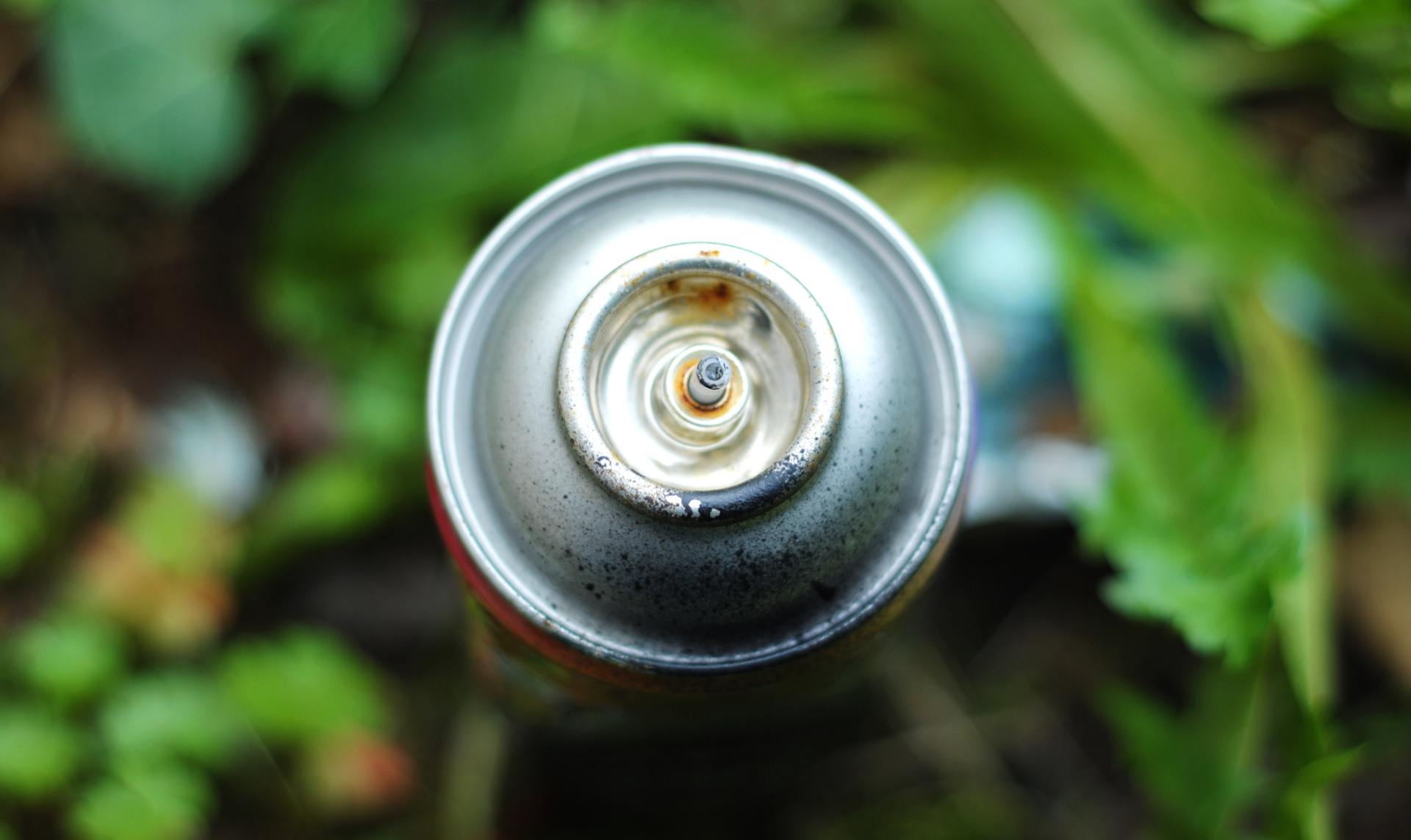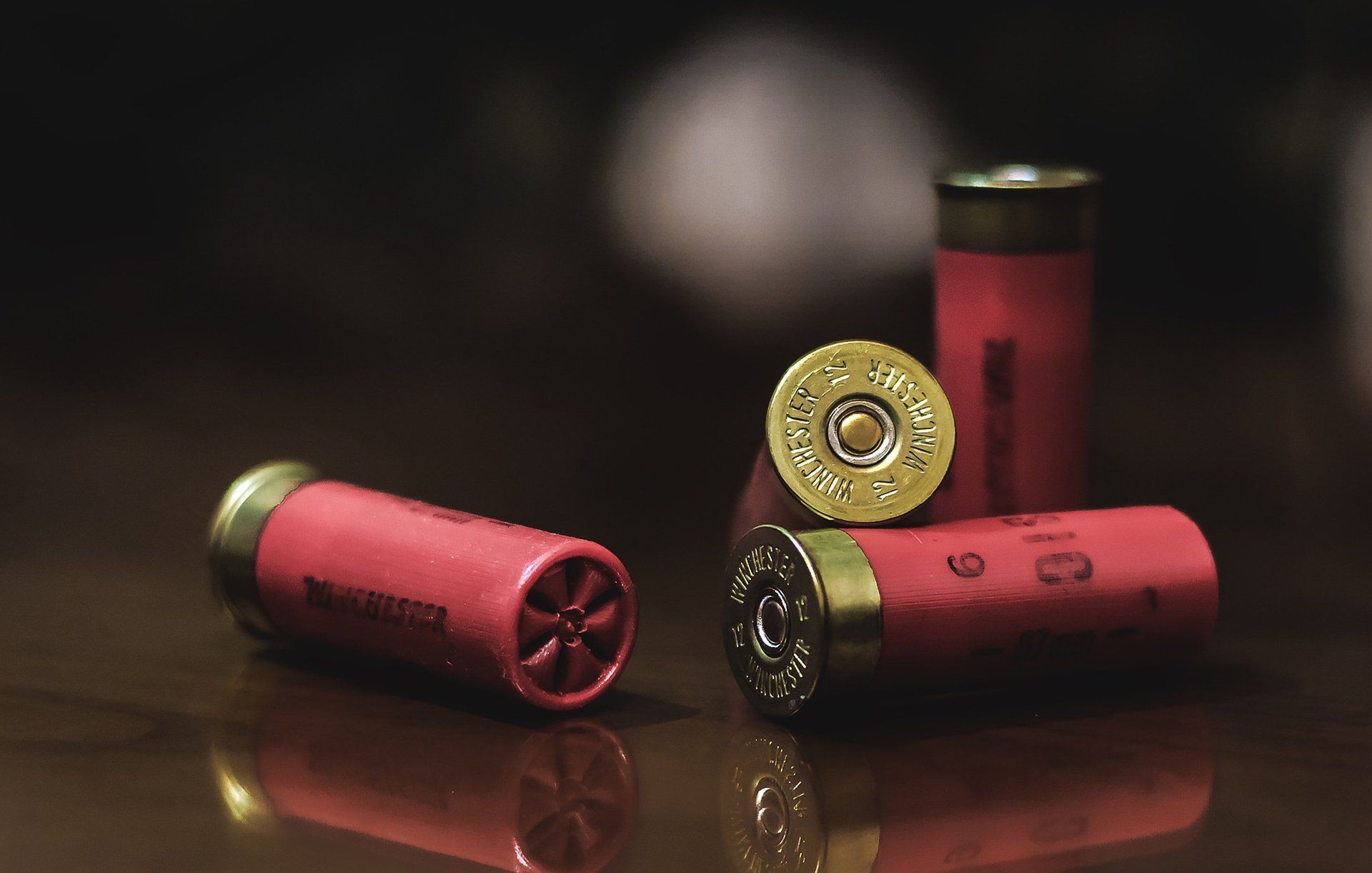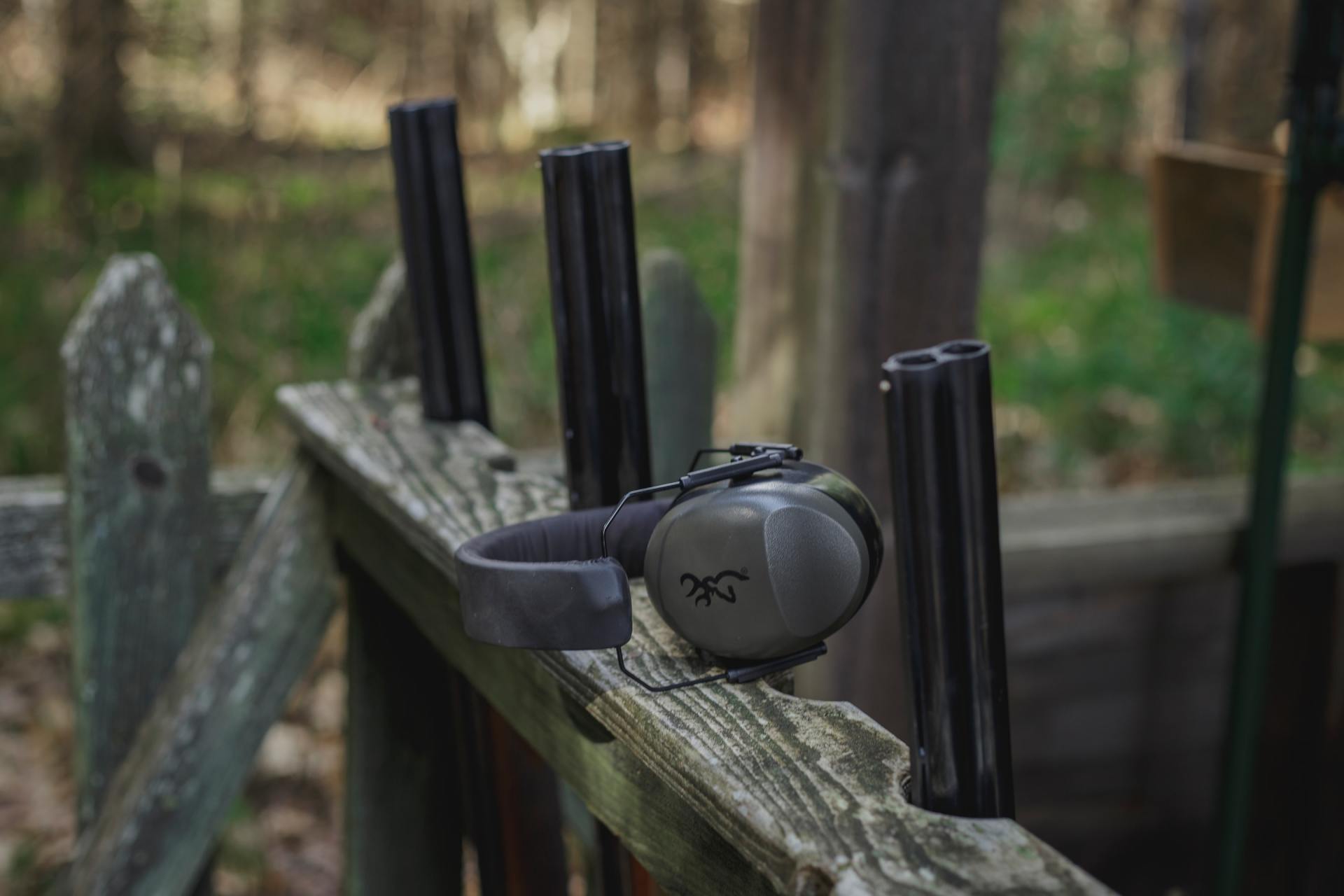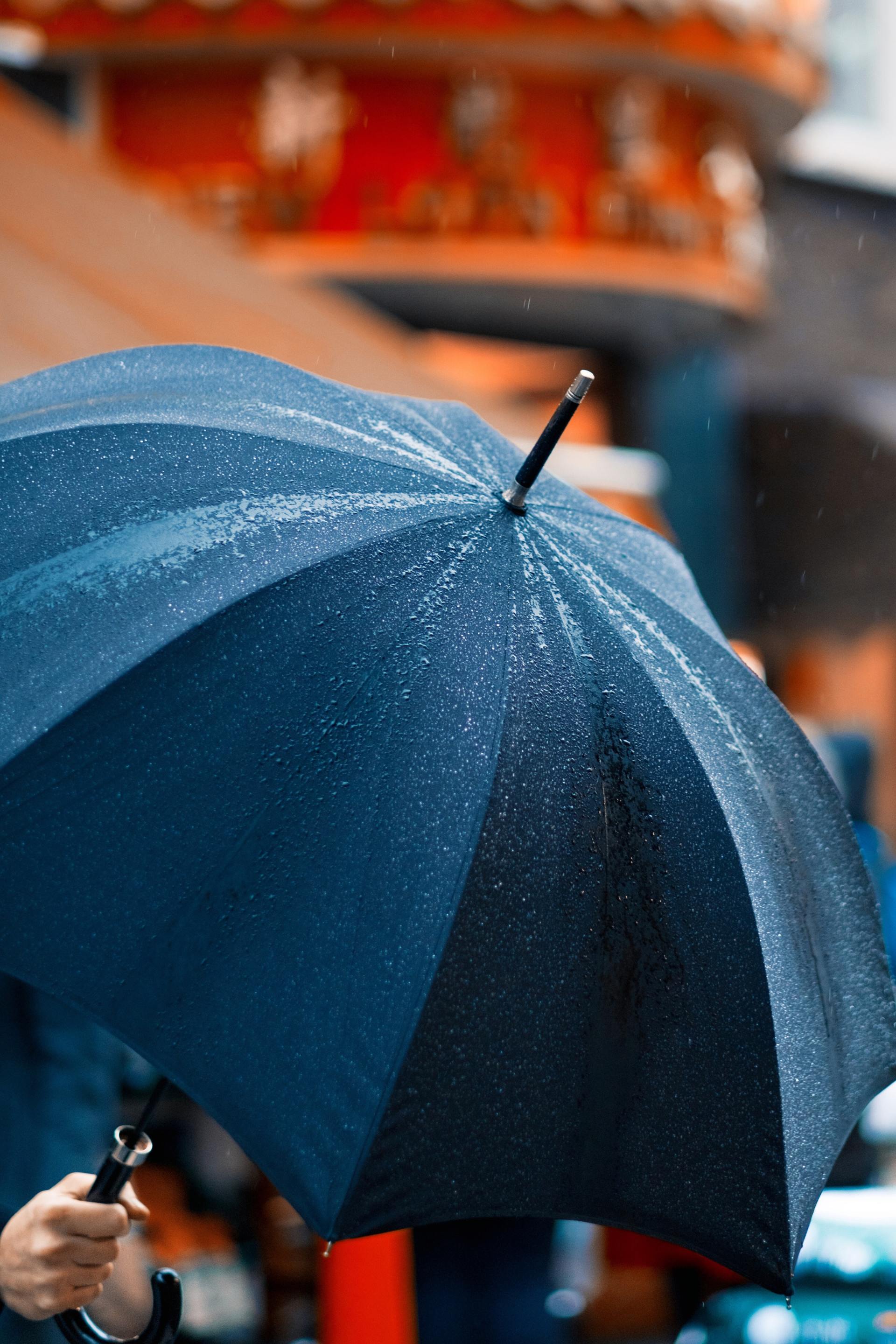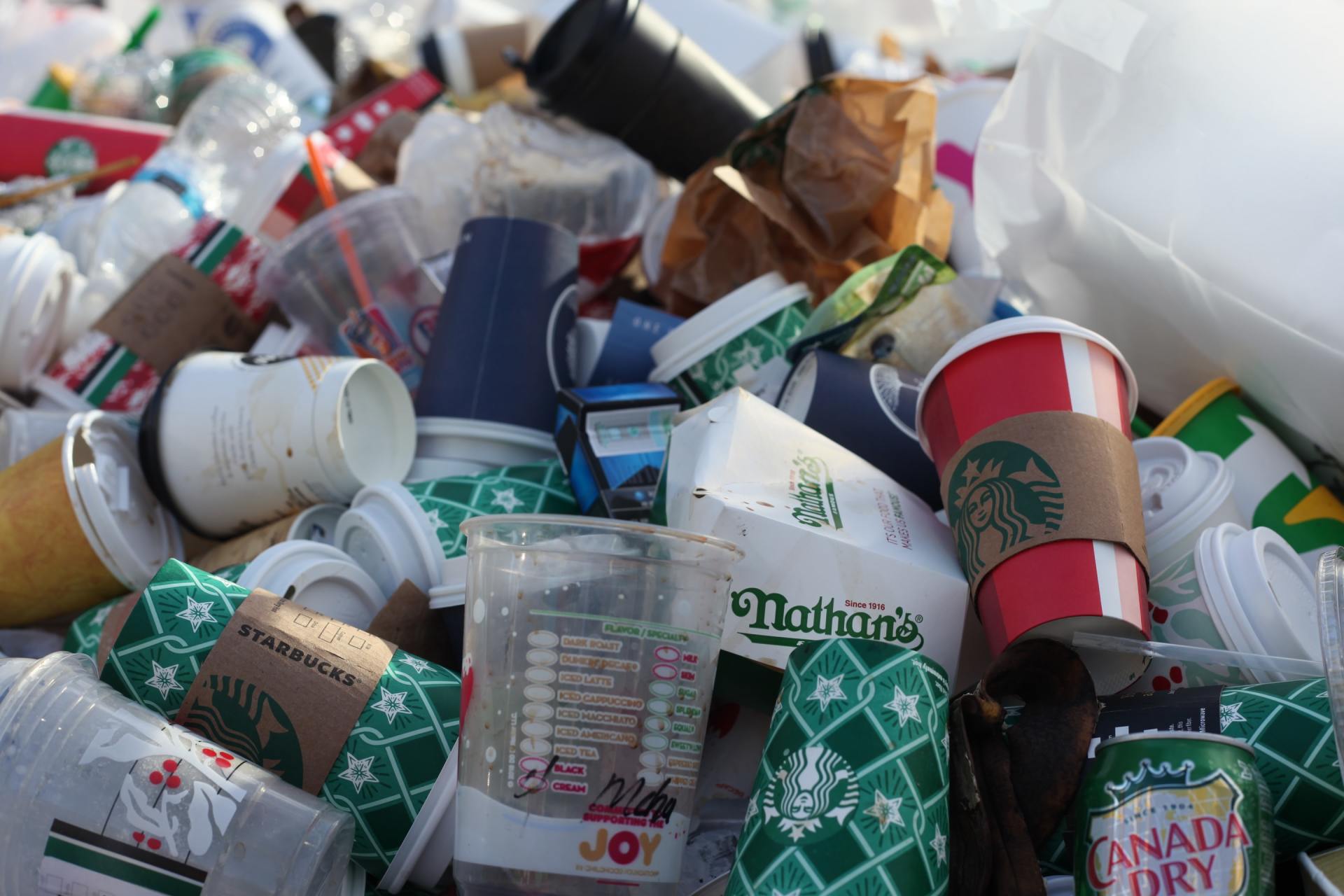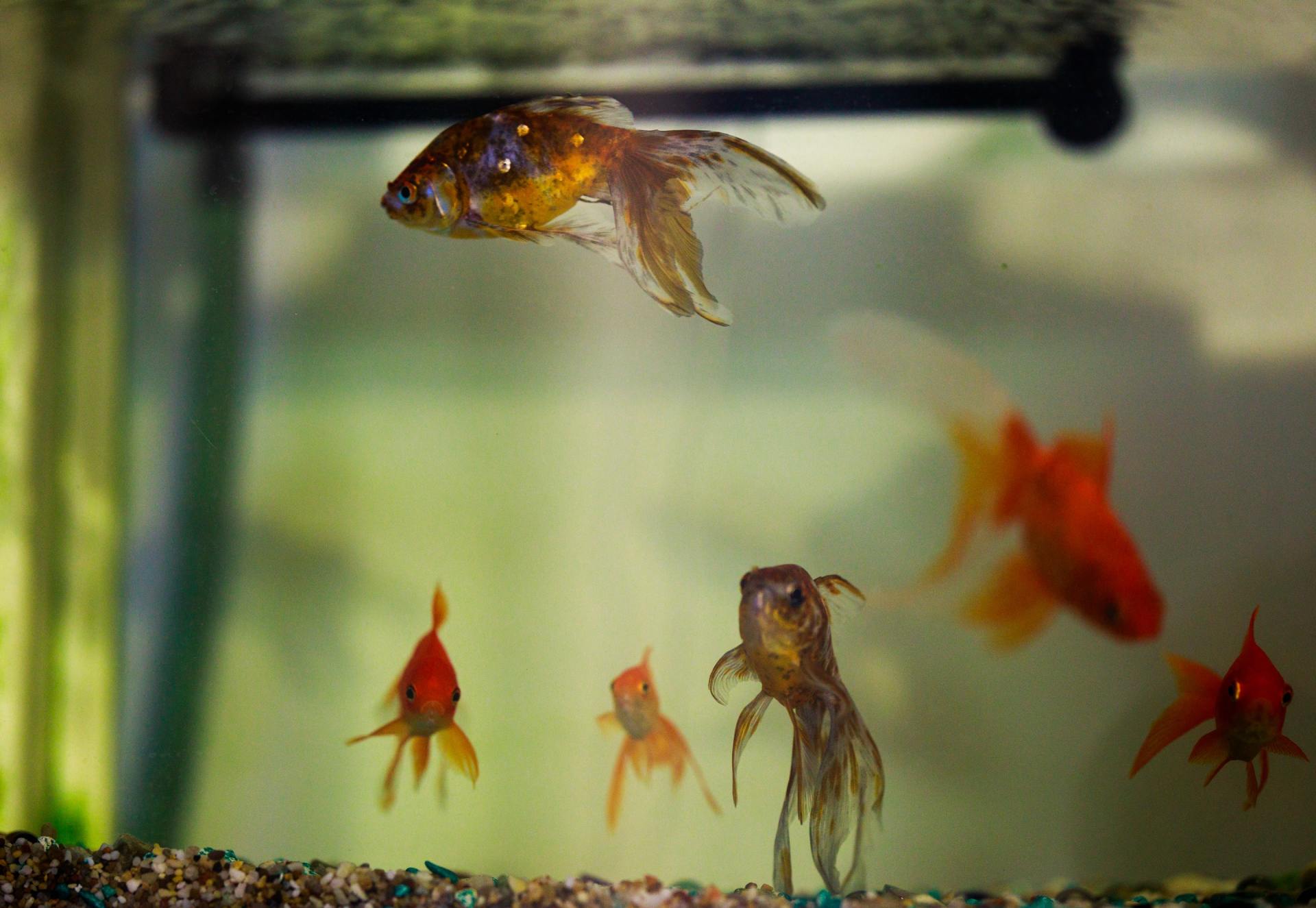Blog Layout
Self Storage 101: Things you can store and things that you cant.
Kate Franklin Willson • February 7, 2020
Before you start filling up your storage unit there are a few things to know.
Renting a storage unit is a great way to cut down on the clutter in your home, pack away your fishing rods or surfboards for the winer or stash those outgrown baby clothes until you're ready for your next kid. Storage units can save time and space, giving you more of both. But before you pack away your prized possessions, it is important get familiar with your storage facility’s rules so you know what can and can’t sit in your unit.
Our customers often have a few questions about what types of items they can and cannot be put into storage. Although our self storage units are perfect solutions most things there are few items that for legal or safety reasons should never be stored in them.
To help answer some of the most common questions we get about the do's and don'ts of self storage we put together this list.
Things you CAN store
Seasonal Items:
From rolls of wrapping paper to fishing rods, there are many items that we only need at certain times of the year. Boxes of winter or summer clothes, sporting equipment such as skis, snowshoes, or surfboards, camping gear, holiday decorations are great items to store in a storage unit. Even equipment like leaf and snow blowers or lawnmowers are fine, as long as they are drained of fuel. Having these seasonal items out of the way the rest of the year means less stress and clutter.
Household goods:
Most household goods are acceptable for storage units.
Books, furniture, toys, clothes, linens, kitchen items and office supplies all of these make great use of storage space. Storing these during a move allows our customers to move at their own pace to unpack after a life transition.
Commercial goods
Storage rentals can take a lot of the stress out of any move—even for a business. Office furniture, supplies, equipment and decor are great items to store. Many product and service supplies can be safely stored, as well as shipping and packaging supplies. Storage units are also beneficial for storing file cabinets of paperwork that is not needed on a daily basis, but which can’t be discarded for record-keeping purposes.
Electronics
Most electronics are acceptable for storage rentals. This would include TVs, DVD or Blu Ray players, gaming systems, digital devices, stereo systems, and other computer equipment, like monitors and printers. Many of our customers prefer the security of our facilities for these valuable items. Note, however, that electronics fare best in climate-controlled environments.
Appliances:
Appliances can be stored as long as they are cleaned and dried prior to storage and are never left plugged in while being stored. This would include refrigerators, stoves, microwaves, washers, dryers, and freezers. Smaller appliances, such as toasters, coffee makers, vacuums, and paper shredders are also fine, as long as they are wiped clean of crumbs and dried on drips beforehand.
Cars, boats, motorcycles, and RVs
Most registered vehicles are fine to sit in storage—though some facilities also require that the vehicle is insured and operable. If you’re a car aficionado and need a home for your vintage 1970 Datsun 240Z, check your facility’s policy on non-operating vehicles.
Tires
If you have snow tires you swap for your standard tires in the winter, stash your extra set in storage when it’s not in use. Keep in mind: Most facilities won’t let you store more than four tires in your storage unit at a time. Tire recycling is pricey, so this rule exists in case you bail without claiming your belongings and the storage facility has to handle tire disposal on your behalf.
Alcohol
Stashing beer, wine, and spirits in a storage unit is completely acceptable. In fact, some facilities even specialize in wine storage and come with built-in wine racks and shelves. (Your storage unit is also a great place to hide your alcohol from your teenagers.)
Hazardous Materials
At the top of the list of unpermitted items is anything that can catch fire or explode. This category applies to anything toxic or hazardous, even biological waste, fertilizer, and asbestos. It also includes anything that is considered an illegal substance and anything radioactive.
Combustible and flammable items
Flammable items put your storage unit at risk of catching fire. If there’s a spike in temperature, combustible materials could explode. Here’s a full list of things to avoid:
- Propane tanks
- Aerosols (e.g., hairspray and cooking spray)
- Jerry cans (fuel cans)
- Gasoline or anything containing gasoline
- Lighter fluid
- Linseed oil
- Paint
- Explosives
- Fireworks
- Kerosene lamps
- Fertilizer
- Asbestos or anything containing asbestos
- Acid (car batteries and drain cleaners may contain acid)
- Propane tanks
- Biological waste (e.g., syringes and needles)
- Toxic or corrosive waste (e.g., old batteries and leftover paint)
- Hazardous materials
Garbage
This may seem obvious, but garbage belongs in the dumpster. Trash attracts bugs and vermin—plus, it’ll stink up the place.
Weapons
In most cases, firearms and ammunition are not permissible in storage rentals. Specifics about these particular items can be obtained by contacting the storage company.
Perishables
This includes food items such as produce, meats, dairy, cereals, and rice. This also includes and animal products, such as pet food. These items can attract bugs and rodents, or encourage bacteria or mould.
Animals and Plants
Storage units are for non-living things. It is illegal for any person to reside in a storage rental, animals of any kind are forbidden, and even plants are not allowed. Nothing that requires light, food, and water to live can be kept in a storage unit.
Plants can’t survive without daily sunshine and regular water; they also attract insects and other pests and therefore aren’t allowed in storage. Gardeners, you can stow away your shovels, pots, and other tools in your unit, just not your live plants.
Don’t have enough space in your current pad for your turtle terrarium or 75-gallon fish tank? Thinking of setting it up in your storage unit instead? Think again. For ethical reasons, you aren’t allowed to leave pets in storage.
Scented or wet items
Steer clear of wet items, like an umbrella—they’re breeding grounds for mould, mildew, and bacteria. Also, be cautious of items with strong smells—these can attract insects and rodents and will probably make your storage neighbours unhappy, too.
Whether you're moving, downsizing or just need a place to put some boxes, we look at how to find a storage facility that's right for you. We offer great value, secure storage units in Christchurch with flexible agreements which can dove-tail with your personal requirements. Contact us today to discuss how we can help you with your storage needs,
Contact Us
You might also like

December 11, 2020
If you ask most pet owners they will tell you that a pet very quickly becomes a part of the family. Best friend, fur baby, guard dog, and the list doesn't end there. Pet come in all shapes and sizes and with that their needs and accessories come too.
And while you're busy training your new puppy to do cute tricks its easy to miss the toys and pet paraphernalia taking over the house! These tips will help to stop your house getting taken over by toys and pet supplies and keep your home safe and tidy.
September 23, 2020
Christchurch, or Ōtautahi is known throughout New Zealand as the 'The garden city". It is one of the 3 largest cities in the country and has taken pride of place as the de facto capital city of the South Island. More and more people are choosing to relocate to Christchurch either from other parts of New Zealand or from other countries across the world.
If you're thinking of moving here or even just visiting our beautiful city for a holiday then here is our handy guide to all things Christchurch!

August 14, 2020
The countdown to summer has begun and with it, kiwis across the country are getting ready for the warmer months, putting away ski jackets and chunky cozy scarves and sweatshirts and digging out their togs jandals.
Anyone short on space can find this challenging and will be all too familiar with struggle of the rotating wardrobe. So the question is where can you store it safely? In the garage, the attic, under the bed? We're bringing you some ideas on how to make the most of your space and make sure that when winter rolls back around that you winter wear is fresh and ready to go when you need it.
Secure & Flexible Storage
All our Christchurch Storage units are individually alarmed & we also have CCTV in operation within the facility.

Dedicated to bringing you the safest most secure storage possible
Features
Services
Viewing Appointments
- Mon - Fri
- -
- Sat - Sun
- Appointment Only
© 2025
All Rights Reserved | Belfast Road Self Storage | Site by Concilio
